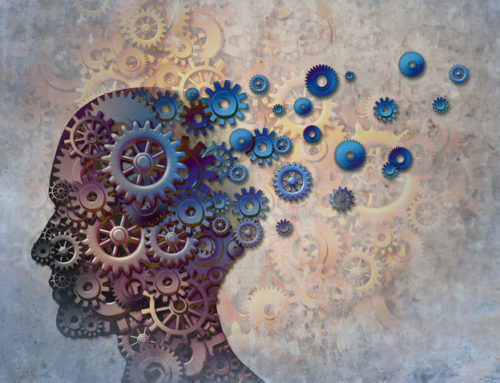Down Syndrome is a term often used to describe others with intellectual and developmental delays, such as cognitive function and muscle tone. The ability to empathize and process social queues is also lost on those with Down Syndrome, although some cases might be more severe than others. Detecting Dementia early on isn’t as easy in those with Down Syndrome as they possess many of those symptoms already, but it’s not impossible.
Dementia is more common in those with intellectual disabilities, developing extremely high risks for Alzheimer’s later on. Studies found that 50-80% of those diagnosed with Down Syndrome are also diagnosed with some form of dementia later in life. Spotting this disease is as easy as watching for behavioral changes, social changes, and lifestyle changes. Those with Down Syndrome tend to stick to routine and if that routine seems compromised, it might be time to speak to a professional for a diagnosis.
Managing Dementia
Like those with intellectual disabilities, dementia requires routines and familiarity. Certain social situations can be overwhelming, a break in routine might cause anxiety and nervousness. Other common signs of dementia include apathy, depression, irritability, and restless sleep. There are ways to overcome this condition and improve quality of life, but it starts with a diagnosis.
Once a medical professional has been consulted with, they might suggest certain therapies. An open line of communication with the doctor can be helpful when wanting to work on a treatment plan. They might be able to prescribe medication for sleepless nights or depression. There are also communities that come together with support groups that can be helpful to attend as well.
Useful daily-living aids should also be talked about with a doctor, but generally they are safe to use and doctors even encourage it. Activities and games are always a good option to start with, keeping their mind working will aid against the effects of dementia.
Alarms and pagers are a good emergency aid when a loved one takes a fall or feels lost. This is especially useful in social outings and gatherings where it can be hard to hear over a large crowd.
Down syndrome is an intellectual disability that already impairs certain functions that dementia can also damage. Progression of dementia in those with down syndrome can be more severe and that’s why having a doctor to consult with frequently is beneficial. Be proactive and find a treatment that’s right for you and your loved ones.





